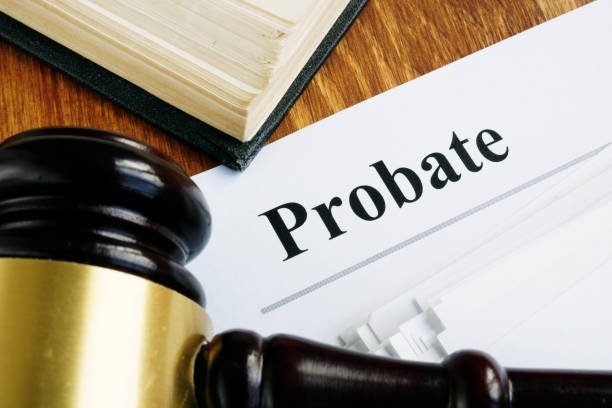If you’ve been convicted of a crime, your attorney can pursue an appeal. However, you must have a legitimate legal reason for doing so.
An appellate attorney’s primary focus is on pointing out judicial errors at the trial court level. They do this by filing motions that seek to show the trial court erred in how it tried the case or made mistakes with judicial procedure.
Table of Contents
Experience
A Georgia criminal appeal lawyer in georgia can help you get your conviction overturned if the evidence against you is weak and there were errors in the trial court’s ruling. These lawyers are knowledgeable about the laws and procedures that apply to criminal cases and have experience in the appeals process.
Appeals are technically and substantively challenging. They require a thorough analysis of legal issues and the rule-making and policy considerations that shape the law. An appellate lawyer also has to carefully formulate those issues and arguments in a brief that clearly articulates the point of view of the client.
Working with an attorney who is not a well-versed in the appeals process could lead to costly mistakes or procedural errors that impact your case. This is why it’s critical to work with an appeals lawyer who has a proven track record of success in the courts of your area.
Knowledge of the Law
When you appeal your case to a higher court, you need an attorney who understands the law. An appeal is a legal process that involves asking a higher court to review your trial record and decide whether the trial proceedings were fair and lawful.
A successful appeal can reverse your conviction or send your case back to the lower court for a new trial. A Georgia appeals attorney with extensive appellate experience can help you get the best results possible.
A good appeals lawyer should have an extensive knowledge of the law, excellent communication skills and a track record of winning appeals. These qualities will ensure that your case is properly framed and crafted for the best possible outcome on appeal.
Expertise in the Appellate Courts
Georgia appellate attorneys have an extensive knowledge of the laws and procedures that apply to appeals, making them an ideal choice for representing you. They also know how to frame your case for a judge so that you have a better chance of winning.
A successful appeal requires more strategic planning than trial practice. This is because the focus of an appeal is on analyzing legal issues.
Appeals are a critical step in any criminal or civil case, so it is important to have an experienced attorney by your side. Working with an inexperienced attorney could result in missed steps, mistakes, or errors that can have a negative impact on your case.
The Court of Appeals is deeply saddened by the recent death of Judge Clyde L. Reese, who passed away in December 2022. Presiding Judge Stephen Louis Dillard, Chief Judge Brian M. Rickman, and Judge Trea Pipkin will head north for the second Court of Appeals offsite event of 2023 to hear oral arguments at Tallulah Falls School on March 28, 2023, at 10 am.
Timeliness
An appeal is a legal procedure where a party requests a formal change in a court decision. It’s available for both criminal and civil matters if a trial judge’s decision violated the rules of justice.
Appeals are important for many reasons, but one of the biggest is that they provide you with a chance to challenge your case. Often, an appeal can be the only chance for you to get a fair trial.
Your Georgia appeal lawyer will help you frame your case in such a way that the appeals court is convinced that your original conviction should be overturned. This is especially important when you are appealing a criminal conviction.
Timeliness is a key element of data quality, and it’s also a key factor for businesses that provide online customer support. When a customer has a question, they want it answered as soon as possible.



















